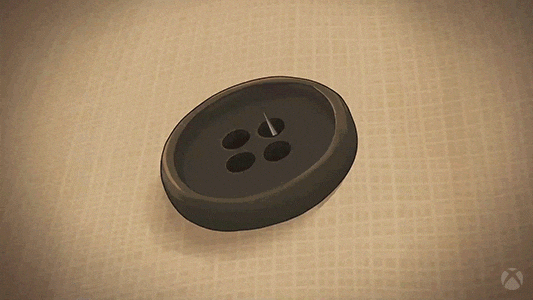There’s a common itch inside me
A desire to break rules, to refuse the script and to test boundaries. I prefer to listen to different magnets: curiosity, risk, and especially that visceral joy of being untethered.
At the same time …
… I want the opposite: a steady floor under my feet and a predictable future; the comfort that comes from order and a plan.
I’d like to think a lot of us live like this; part anarchist, part accountant.
We act like the contradiction is a problem - that we will fix life or perhaps someone else will fix it for us. But is it life’s problem or something inside ourselves that we refuse to accept? That refusal takes shape as a kind of cognitive short-selling: we long for freedom but simultaneously short the very risks that freedom entails.
We say we want the open road while buying an insurance policy against every turn.
That’s called betting against yourself.
“I don’t want to be bound by rules.” - Most of Us
But I want to set r i g i d routines
“I need to feel secure.” - Most of Us
It’s tough to feel secure if we don’t follow the rules, unless of course we make the rules.
We end up living both lives at once, and the result is neither liberation nor real safety … it’s forever unsettling.
Hedging is an explicit, reasoned choice. - Pulp Conversations
Finance gives us a useful metaphor. In markets, people hedge: perhaps you own a stock and write a covered call, agreeing to sell your stock tomorrow at a higher price in exchange for a premium today. If the stock soars, you lose the upside beyond the strike price, but you gain immediate compensation and reduce downside risk. That trade-off can make sense.
It’s pragmatic: a deliberate compromise between two competing values. The key difference between hedging and self-sabotage is awareness.
Betting against yourself is unconscious and contradictory. - Pulp Conversations
Name the trade-offs
I love rules sometimes; they make me feel safe. I hate them other times because they shrink who I want to be. I grudgingly accept that these two desires cannot be fully realized at the same time.
Recently, I stopped searching for magic solutions and started making intentional choices.
Option A - The Covered Call Life
Do you want security this year so you can reinvest emotional capital into XYZ?
All good: accept the capped upside.
Option B - Long on Freedom
Do you want to maximize optionality by accepting volatility?
All good: buckle your seatbelt and embrace the risk of some losses.
Peace doesn’t come from eliminating contradiction; it comes from clarifying which contradictions we’re willing to live with and why. You might be an Option A today but maybe tomorrow you’ll prefer Option B. You can’t have both at once.
Instead of “I want both,” —> “What will I trade away now in order to gain X later.”
The objective here isn’t means-to-an-end-thinking, but rather reframing things as trades helps me to regain agency. Why should I be an accidental hedger when I can be a deliberate one?!
The Point
I am figuring out that if I chase both security and non-conformity in parallel, I am going to be stuck. I’m recognizing the trade: we can design a life that aligns with our priorities instead of helping them wither away. We can and should keep updating our personal risk tolerances. I think this is how we can stop betting against ourselves and start building something that actually feels like home.












